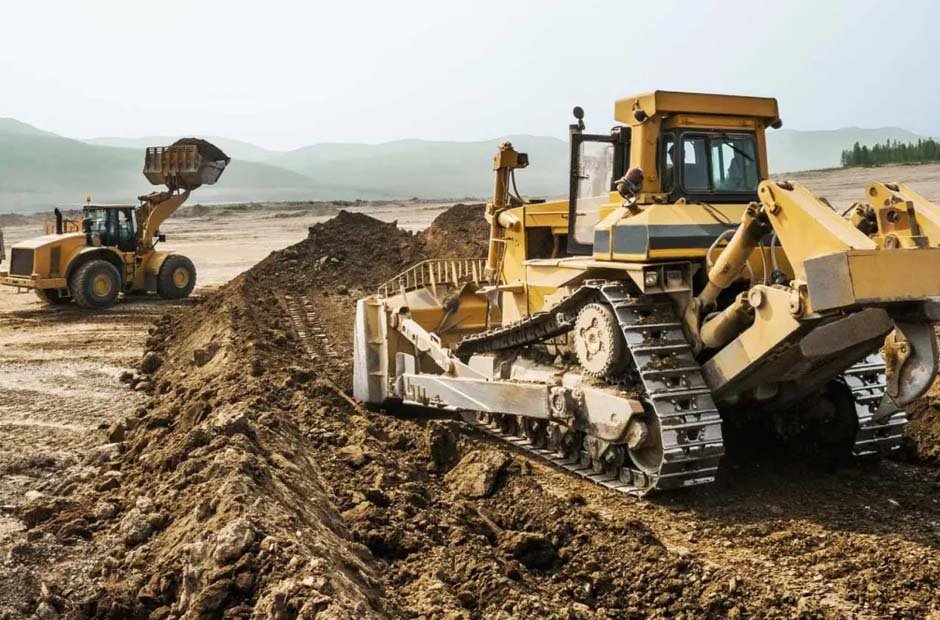Purchasing used machinery can be a cost-effective way to expand your business or replace outdated equipment. When buying metal working and fabrication equipment, look for reputable used machinery dealers to find reliable machines. Here are some aspects to look for when buying used machinery:
Machine Type
Choose the appropriate type of machinery, such as a lathe, punch press, welding equipment, milling machine, or CNC router, based on your manufacturing needs. A lathe turns cylindrical parts, while a punch press creates holes and designs in metal sheets. Welding equipment helps join metal parts together, while a milling machine helps create intricate shapes, slots, and holes.
A CNC router is used for precision cutting and shaping. Other metalworking and fabrication machines you can buy include shears, saws, transformers, presses, pipe threaders, and grinders. You can also invest in hones, ironworkers, drills, coil equipment, key seaters, brake presses, and die separators.
Equipment Features
Once you’ve chosen the machinery, check the features or specifications to determine if they meet your needs. Determine the machine’s maximum working capacity, which includes the maximum diameter for lathes, workpiece size for milling machines, and bending capacity for press brakes. Understand the type of control system, software compatibility, and programming capabilities for CNC machinery to boost efficiency.
For milling machines, check the spindle’s speed range and power. Higher spindle speeds and power can accommodate a broader range of materials and cutting speeds. If you’re buying the lathe, evaluate the feed rates and rapid traverse speeds since enhanced feed rates can reduce cycle times. Assess the machine’s safety features, such as emergency stop buttons, safety interlocks, and guards to boost safety.
Machine’s Condition
Evaluating the age and usage history of used metalworking and fabrication machinery to understand its condition and possible maintenance requirements. Reputed used machinery dealers can offer maintenance and service records for the machine. These records give you insights into how well the machine has been maintained over its service life.
Inquire about the total operating hours or cycles the machine has accumulated throughout its life. This information can show you how extensively the machinery has been used. Look for worn-out or damaged components, such as belts, bearings, and guideways. You can also check for excessive rust or corrosion, which can signify neglect or inadequate maintenance.
Spare Parts Availability
When buying used machinery, assess the availability of spare parts to minimize breakdowns and downtime. Authorized dealers or manufacturers could have spare parts that you need for your metalworking and fabrication machines. Common replacement parts for welding equipment include welding torches, wire, contact tips, and gas regulators.
CNC machines might need spare parts like ball screws, spindle bearings, tool holders, and sensors. If you purchase sheet metal shears, the spare parts are shear blades, hold-down clamps, and hydraulic components. For saws, spare parts may include saw blades, guides, vise jaws, and drive belts.
Dealer Reputation
Assess the dealer’s reputation to help you buy quality and durable used machines for your metalworking projects. Check if the seller is a member of industry associations, such as the Machinery Dealers National Association (MDNA). The MDNA membership indicates adherence to ethical standards and industry best practices.
If the seller has a physical location, consider visiting it in person to inspect the machinery and gauge their professionalism and credibility. Inquire about the seller’s warranty and support policies since reputable sellers offer clear warranty terms and reliable post-purchase support.
Machine Price
The condition of the metalworking and the fabrication machinery you intend to buy impacts its value significantly. Compare similar equipment in similar conditions to get an accurate price range. When you know the price range, you can negotiate with the seller.
Check whether the equipment has valuable accessories, tooling, or additional features, as they can add to the total costs. Evaluate the long-term costs associated with the machinery, including operating expenses, maintenance, and potential upgrades.
Invest in Quality Equipment from Used Machinery Dealers
Some used machines comply with relevant industry standards and regulations, boosting safety and production. Choosing energy-efficient machinery can help reduce operating costs over time and minimize the environmental impact of your operations. Check if the machine’s capacity, size, and power align with your production requirements. Buy used machinery from trusted dealers who allow you to test-run the equipment before purchasing it.


